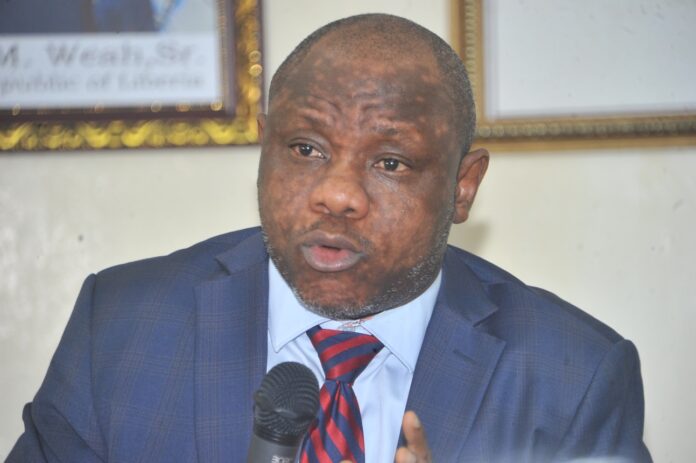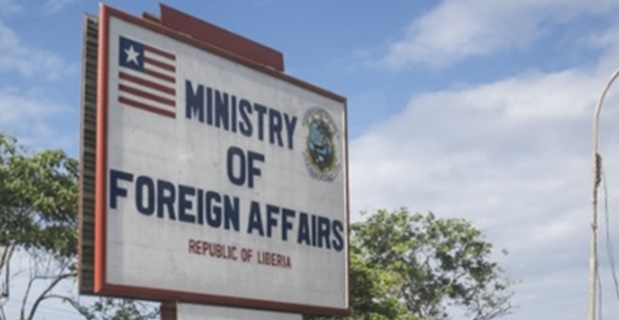MONROVIA – Former Finance Minister Samuel D. Tweah Jr. has called on the Unity Party (UP) government to publicly apologize for what he described as misleading claims regarding the reversal of the controversial wage harmonization policy. In a statement issued on Monday, October 14, 2024, Tweah accused the government of failing to fulfill its campaign promise to undo the wage reforms implemented by the previous Coalition for Democratic Change (CDC) administration, calling it a “lie to the Liberian people.”
Tweah, who served as Finance Minister under former President George Weah, highlighted that the UP government, in its Memorandum of Economic and Financial Policies (MEFP) with the International Monetary Fund (IMF), had agreed to a reduction in the nominal wage bill, contrary to its earlier campaign rhetoric. The MEFP outlined a reduction of the wage bill from 7.1 percent of GDP in 2023 to 6.3 percent in 2024. According to Tweah, this would amount to cutting the wage bill from $305 million to around $270 million, a move that he claims contradicts the UP’s pledge to “reverse harmonization.”
“The UP government has committed to reducing the wage bill, which is exactly what harmonization aimed to achieve. Between 2019 and 2023, we successfully reduced the wage bill from 10 percent of GDP to 7.1 percent. Now they are planning to reduce it even further, yet they told voters they would reverse this policy. This is a clear deception,” Tweah stated.
The former minister pointed out that the CDC’s harmonization policy aimed to streamline the public wage system by eliminating arbitrary allowances and establishing a fairer salary structure across government ministries. He argued that the Unity Party’s promise to undo these reforms was unrealistic and that their actions now prove that the policy was necessary for economic stability.
Tweah further criticized the UP government for failing to allocate the $5 million earmarked by the previous administration for salary increases for health workers. “Some health workers who campaigned against harmonization are still waiting for the pay raises promised to them. The government cannot even fulfill this commitment, let alone reverse harmonization,” he said.
He also questioned the feasibility of reducing the wage bill to $270 million, given current trends indicating that the wage bill for 2024 would exceed $300 million. He urged the new finance minister to reassess the figures provided in the MEFP, warning that misleading data could create serious challenges with the IMF, which has already approved the agreement.
“We cannot reduce the wage bill by $34 million when the actual wage trends are much higher. This is not a ‘slight reduction’ as claimed. The new minister may have to request a rewrite of this portion of the MEFP, as it seems to be based on false assumptions,” Tweah added.
He also emphasized that the CDC’s wage harmonization reforms had laid the groundwork for a more transparent and equitable pay structure, noting that these changes were supported by the IMF and other international partners. According to Tweah, any attempts to roll back these reforms would be detrimental to Liberia’s fiscal health.
In his concluding remarks, Tweah urged the Unity Party government to be truthful about its economic policies and to issue a public apology for what he described as deceptive campaign promises. “Let the UP apologize for the lie on harmonization and come clean with the Liberian people. We must keep public discourse factual and honest,” he stressed.
Tweah’s remarks have generated renewed debate on the wage harmonization policy and its impact on Liberia’s economy. As the public waits for the government’s response, questions remain about the future direction of wage reform under the current administration and how it will address the lingering concerns of civil servants and international partners alike.







